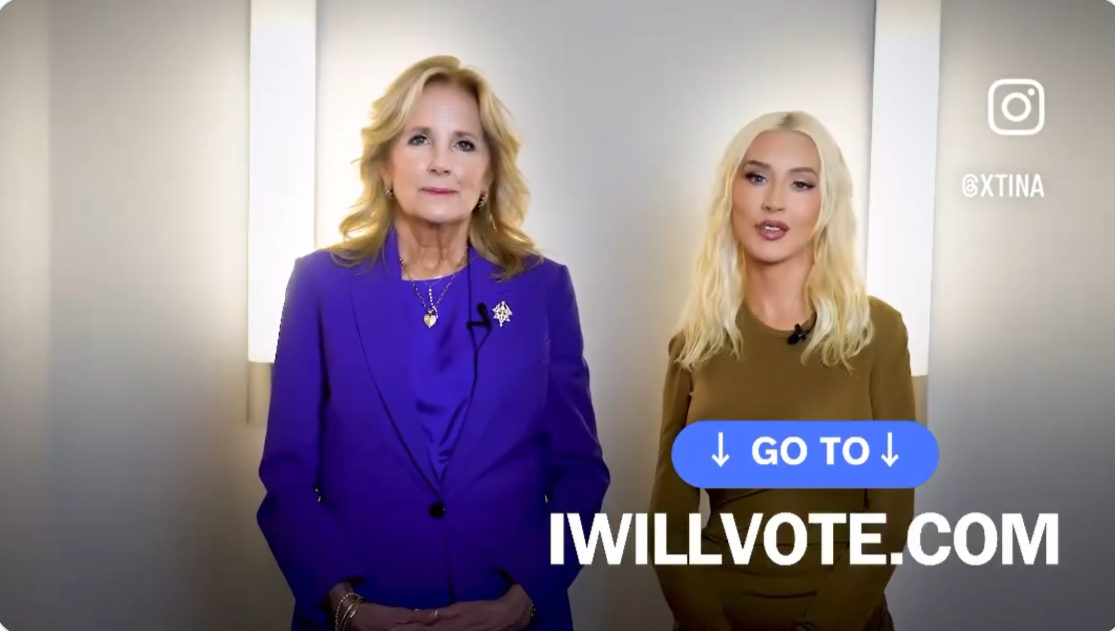President Biden announced a significant investment of $3.3 billion to enhance and reconnect communities across more than 40 states in the U.S. This initiative is aimed at addressing the negative impacts of past transportation infrastructure developments, which have historically divided communities, displacing residents and hindering access to essential services. The funding will support various projects, including improving public spaces, creating new transit routes, and installing bike lanes and sidewalks, all designed to promote accessibility and integration.
This announcement follows President Biden's State of the Union Address and is a part of his broader vision to rebuild America's infrastructure, ensuring no community is left behind. The effort has so far mobilized 47,000 infrastructure projects nationwide, alongside $650 billion in investments in manufacturing and clean energy, aimed at revitalizing communities and creating jobs.
The projects, funded through the Department of Transportation’s Reconnecting Communities and Neighborhoods Program, seek to correct the damages inflicted by previous infrastructure projects. These initiatives underscore the Biden-Harris Administration's commitment to racial equity, environmental justice, and improving the nation’s transportation system. Key projects highlighted include the 6th Street Complete Streets Project in Milwaukee, The Stitch in Atlanta, the Chinatown Stitch in Philadelphia, and several others across the country, each designed to reconnect communities, improve safety, and foster economic growth.
The Biden-Harris Administration has announced the White House Challenge to Save Lives from Overdose, aligning with President Biden's Unity Agenda to combat the overdose crisis. This challenge is a nationwide initiative urging stakeholders from all sectors to enhance training and access to opioid overdose reversal medications, such as naloxone. The Administration has made significant efforts in addressing the overdose crisis, including a $100 billion investment to disrupt illicit drug flow and expand treatment access. Notably, naloxone has been approved for non-prescription over-the-counter use, marking a historic step in making lifesaving medication more accessible.
The challenge calls on organizations and businesses across the country to adopt measures like training employees on overdose reversal medications, including these in first aid kits, and distributing them to potentially save lives in various settings. Numerous organizations across sectors such as air travel, entertainment, hospitality, labor worksites, and education have already committed to these efforts, showcasing widespread support for the initiative.
Key actions under this challenge include making naloxone more available, supporting states and Tribes with funding for overdose reversal medications, increasing awareness and education on opioid overdose reversal, investing in harm reduction services, and ensuring access to lifesaving medications in federal facilities. The Administration emphasizes the importance of a whole-of-society response to the overdose crisis, highlighting collaborative efforts across health departments, housing providers, schools, and more to expand access to naloxone and prepare individuals to use it in emergencies.
Overall, the White House Challenge to Save Lives from Overdose represents a comprehensive effort to tackle the overdose crisis through increased access to and training on opioid overdose reversal medications, marking a significant stride in public health and safety initiatives.
Press Secretary Karine Jean-Pierre held a press gaggle aboard Air Force One en route to Milwaukee, Wisconsin. Key highlights include:
Infrastructure Investment: The President announced $3.3 billion to reconnect and rebuild communities in over 40 states, with a focus on areas divided by transportation infrastructure decades ago. Milwaukee's Sixth Street "Complete Streets" project and funding for other cities such as Atlanta, Philadelphia, Portland, Toledo, and Detroit are specifically mentioned.
TikTok Legislation: Discussion on the legislative approach to TikTok, emphasizing that the goal is not to ban the app but to ensure it does not pose a national security risk due to ownership or control by entities that could exploit Americans' data.
NATO Defense Spending: The ongoing commitment to increase defense spending among NATO allies, with no current plans to adjust the Defense Investment Pledge but a positive outlook on the increase in nations meeting their spending obligations.
U.S.-China Relations: Assurance that efforts to address national security concerns, including those related to TikTok, will not hinder the ongoing diplomatic work with China.
Haiti Transitional Government: Support for the Haitian people's efforts to establish a transitional presidential council, emphasizing self-determination and the path to free and fair elections.
Russia and Ukraine: The U.S. reiterates its continued commitment to support Ukraine and does not see any need to adjust its nuclear posture in response to Russian rhetoric.
Gaza Humanitarian Aid: The U.S.'s stance on increasing humanitarian aid to Gaza is that it is working towards a hostage deal accompanied by a temporary ceasefire, and it is important to address the humanitarian crisis.
Community Engagement: President Biden's previous meetings with leaders from the Muslim, Arab, and Palestinian American communities and the ongoing dialogue through senior White House officials.
Electoral Politics and Policy Impact: Reflections on the popularity of the President's policies and their impact on electoral outcomes, without directly commenting on future election strategies or concerns.
First Lady Dr. Jill Biden teams up with Singer-Songwriter Christina Aguilera in a promotional video encouraging Americans to vote and protect reproductive freedoms




